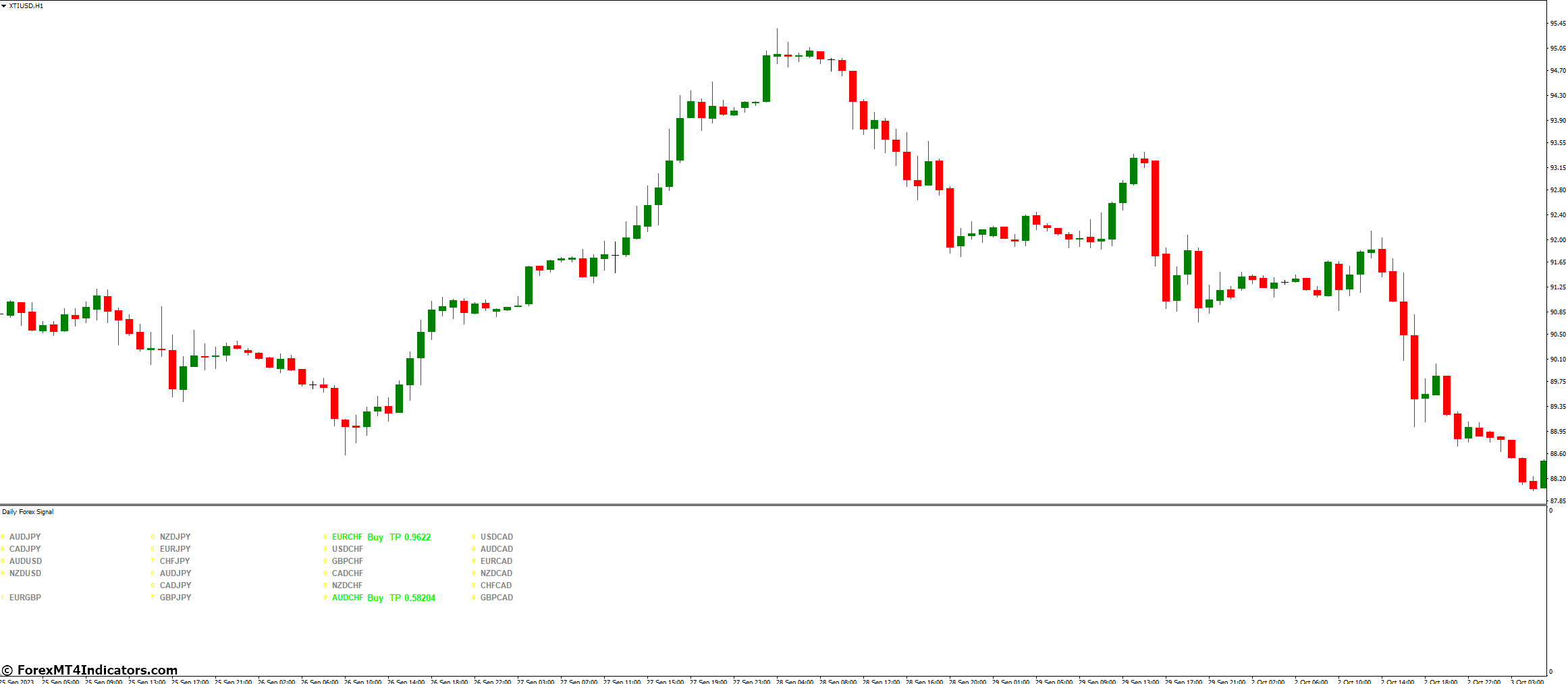
Greed is a big problem for traders. It can ruin even the best plans. It makes traders take big risks for more money.
The promise of quick money can make traders ignore dangers. This leads to big losses.
But there’s a way to beat greed. Knowing about forex trading psychology and controlling emotions helps. This article will give you tips to fight greed. You’ll make better choices and succeed in forex trading.
Key Takeaways
- Greed is a major obstacle to forex trading success.
- Emotional control is key to smart trading decisions.
- Knowing trading psychology fights greed.
- Using risk management is very important.
- Being disciplined and self-aware boosts trading skills.
- Always learning and adapting helps beat greed.
Understanding the Psychology of Greed in Trading
Greed is a big part of trading psychology. It can lead to too much trading and bad choices. Let’s see how it affects forex traders and their plans.
Definition and Nature of Trading Greed
Trading greed is wanting more profits, even if it means making bad choices. It makes traders take big risks without thinking about the downsides. About 70% of retail traders lose money because of greed, fear, and anxiety.
How Greed Affects Decision-Making
Greed can make traders act without thinking. About 65% of traders have trouble closing winning trades, hoping for more. This can lead to missing chances or losing money.
The Psychology Behind Excessive Trading
Too much trading is often due to unchecked greed. About 30% of traders trade too much, thinking the market will keep moving. This can use up their money and increase costs, lowering profits.
| Emotional Factor | Impact on Trading | Percentage of Traders Affected |
|---|---|---|
| Greed | Difficulty closing profitable positions | 65% |
| Fear of Missing Out (FOMO) | Impulsive trading decisions | 40% |
| Overtrading | Increased transaction costs, reduced profits | 30% |
Knowing about these psychological factors can help traders fight greedy thoughts. This can lead to better and more successful trading.
Common Manifestations of Greed in Forex Markets
Greed affects how people trade in the forex market. It leads to big mistakes. Knowing these patterns helps traders stay on track and make better plans.
One big mistake is overtrading. Some traders do 20-30 trades a day without a plan. They fear missing out. This can cause big losses, with 80% of retail traders losing money each year.
Not using stop-loss orders is another sign of greed. Up to 70% of traders don’t use these tools right. This can lead to big losses, sometimes over 50% of their account.
Using too much leverage is also greedy. Traders might risk more than twice their money. This comes from wanting quick gains.
| Greedy Behavior | Potential Consequences | Percentage of Traders Affected |
|---|---|---|
| Overtrading | Significant annual losses | 80% |
| Ignoring stop-loss orders | Capital erosion | 70% |
| Overleveraging | Losses exceeding initial investment | 65% |
| Holding losing positions | Missed profit opportunities | 60% |
It’s key to know these greedy behaviors. This helps traders be more disciplined. By fixing these issues, traders can do better in the fast-paced forex market.
The Impact of Greed on Risk Management
Greed can hurt risk management in forex trading. When greed takes over, traders often make bad choices. These choices can risk their money and future success.
Overleveraging and Position Sizing
One big problem with greed is overleveraging. Traders might take on too much risk, hoping for big wins. But, if the market goes against them, they can lose a lot. A study showed that 80% of forex trades lose money when traders hold on too long.
Ignoring Stop-Loss Orders
Greed makes traders ignore stop-loss orders. They think a losing trade will turn around, risking more money. Knowing fear and greed is key to staying disciplined and safe.
Breaking Trading Rules and Plans
Traders driven by greed often break their rules and plans. This lack of discipline leads to quick, risky decisions. Studies show that traders who follow a plan do 30% better than those who don’t.
| Greed-Driven Behavior | Impact on Risk Management | Success Rate |
|---|---|---|
| Overleveraging | Increased risk of big losses | 20% |
| Ignoring Stop-Losses | Longer drawdowns | 30% |
| Breaking Trading Rules | Unstable performance | 40% |
| Following Trading Plan | Better risk control | 70% |
Overcoming Greed in Forex Trading

Greed is a big problem in forex trading. A survey found that 60% of traders struggle with greed at some point. This can lead to bad decisions and high risks, hurting their chances of success.
Developing Emotional Intelligence
Emotional intelligence is very important in forex trading. Traders who control their greedy feelings often do better. They stay calm and follow their plans, avoiding big losses.
Building Trading Discipline
Trading discipline helps beat greed. About 70% of successful traders say following a plan helps. They set clear rules, stick to their sizes, and don’t overtrade.
Setting Realistic Profit Targets
It’s key to set realistic profit goals to fight greed. Chasing too much profit can lead to more losses. Widening stops wisely can boost win rates up to 80%. Remember, “Bulls and bears make money; hogs get slaughtered.”
| Strategy | Impact on Trading |
|---|---|
| Developing Emotional Intelligence | Improved decision-making, reduced impulsive trades |
| Building Trading Discipline | 70% success rate in mitigating greed’s effects |
| Setting Realistic Profit Targets | Up to 80% increase in win rates with responsible stop management |
Essential Risk Management Strategies
In forex trading, learning forex risk management is key to success. The forex market is huge, with $7.5 trillion traded daily. Good trading strategies are vital for dealing with its ups and downs.
Setting stop-loss orders is a smart move. They help control how much you can lose, keeping it under 2% of your account. For a $25,000 account, you could lose up to $250 on any trade. It’s also important to size your positions correctly. With a $25,000 account, risking 10 pips (which is $10 for a mini lot) lets you trade 25 mini lots safely.
Leverage can be both good and bad in forex trading. It can make profits bigger, but it also ups the risk. New traders should start with low leverage, like 1:5 to 1:10. This helps manage risks while they learn the market.
- Set realistic profit targets.
- Use stop-loss orders consistently.
- Practice proper position sizing.
- Maintain a trading journal.
- Regularly review and adjust strategies.
Using these risk management strategies can help protect your money. It also boosts your chances of doing well in currency trading. Remember, making money is not just about profits. It’s also about keeping your capital safe and managing your feelings well.
The Role of Trading Psychology in Success
Trading psychology is very important for success in forex. About 60% of trading decisions are influenced by emotions. This can lower performance by 20% for many investors.
Knowing and controlling these psychological factors is key. It helps make consistent profits in the forex market.
Managing Trading Emotions
Fear and greed are big emotions that affect traders. A survey found 70% of traders see these as major factors. Fear can cause early exits, with 45% of traders stopping trades to avoid losses.
Developing Mental Resilience
Mental resilience is key for long-term success in trading. Successful traders can control their emotions well. They stick to their plans.
This resilience helps fight biases like overconfidence. Overconfident traders can have 50% higher costs than disciplined ones.
Creating Psychological Balance
Creating balance means knowing and managing biases. Loss aversion shows investors are 2.5 times more upset by losses than gains. Keeping balance needs practice and self-awareness.
| Emotional Factor | Impact on Trading | Mitigation Strategy |
|---|---|---|
| Fear | Premature exits (45% of traders) | Set clear stop-loss levels |
| Greed | 33% more likely to engage in risky behavior | Implement strict risk management rules |
| Overconfidence | 50% higher transaction costs | Regular performance reviews |
Implementing Strategic Trade Planning
A good forex strategy is key to beating greed and winning. Trade planning helps traders make smart choices and stay focused. Let’s look at how to make a strong trade plan and boost your forex trading success.
Creating Clear Entry and Exit Rules
It’s important to have clear rules for when to start and stop trades. Decide on specific criteria for entering and exiting trades, whether for profit or loss. This can stop you from making quick, greedy decisions.
Studies show traders with a solid plan make 30% fewer impulsive trades.
Position Sizing Guidelines
Right position sizing is key to managing risk in forex trading. Figure out how much to risk on each trade based on your account size and how much risk you can handle. A good rule is to risk no more than 1-2% of your account on one trade.
This keeps your capital safe and stops you from risking too much because of greed.
Trade Documentation and Analysis
It’s vital to keep detailed records of your trades to improve your strategy. Write down your entries, exits, reasons for trades, and results. Look over this data often to find patterns and areas to get better.
This helps you see when greed might be affecting your choices. You can then tweak your trade planning to stay on track.
| Trade Planning Element | Impact on Trading |
|---|---|
| Clear Entry/Exit Rules | 30% decrease in impulsive trading |
| Proper Position Sizing | 40% reduction in average loss per trade |
| Trade Documentation | 25% improvement in year-over-year account growth |
By using these strategic trade planning steps, you can build a structured way to manage greed. This will help improve your forex trading results.
Building Sustainable Trading Habits

It’s key to build good trading habits for steady profits in forex. Studies show that traders who follow plans well make 40% more gains over time. This shows how important it is to practice wisely and avoid greed for long-term success.
Regular self-checks are a big part of good trading habits. By keeping a journal, traders can spot patterns that slow them down. This helps them face and fix their own biases, which cause 75% of mistakes among retail traders.
Sticking to a trading plan is also critical. It leads to better results over time and lowers risks. Traders who manage risks well can cut down on emotional mistakes, boosting their success by 25%.
| Trading Habit | Impact on Performance |
|---|---|
| Adherence to the Trading Plan | 40% increase in consistent profits |
| Effective Risk Management | 25% improvement in success rates |
| Regular Self-Assessment | Identification of harmful patterns |
By focusing on these habits, forex traders can lay a strong base for success. This base helps them avoid greed and make smart choices over time.
Learning from Common Trading Mistakes
Trading mistakes and forex losses are part of learning. Knowing these mistakes helps traders avoid big errors. They can also improve their strategies. Let’s look at some common mistakes and how to fix them.
Case Studies of Greed-Driven Losses
Greed can cause traders to chase losses, leading to bigger problems. A trader once lost 50% of their capital by trying to win back losses. This shows how important emotional control is in trading.
| Mistake | Consequence | Prevention |
|---|---|---|
| Overleveraging | Significant losses from minor market fluctuations | Limit leverage to 1:100 or less |
| Ignoring stop-loss orders | Uncontrolled losses exceeding expectations | Use stop-loss orders consistently |
| Overtrading | Increased costs and eroded profits | Stick to a well-defined trading plan |
Recovery Strategies After Losses
Recovering from forex losses takes time. Successful traders look at their strategies again. They focus on managing risks and controlling emotions. Studies show traders with plans have a 65% success rate, while those without plans have a 20% rate.
Avoiding Revenge Trading
Revenge trading, driven by greed and frustration, can cause huge losses. To avoid it, traders should take a break after a loss. They should analyze their mistakes and improve their approach. Taking a break and following risk management rules can stop impulsive decisions.
By learning from these mistakes and using good strategies, forex traders can do better in the currency markets.
Conclusion
Mastering emotional control is key for forex trading success. Over 70% of traders struggle with greed, making bad choices. But, by using the strategies we talked about, trading can get much better.
Studies show that traders with a 1:2 risk-reward ratio do better. They can make up to 30% more money by setting smart profit goals. This shows that being disciplined helps, with 75% of winners saying their plans made them successful.
Forex trading success is more than just making money. It’s about growing, learning, and getting better. By controlling emotions and sticking to a good plan, traders can do well in the market. With time and effort, beating greed becomes simpler, leading to lasting success in forex trading.

